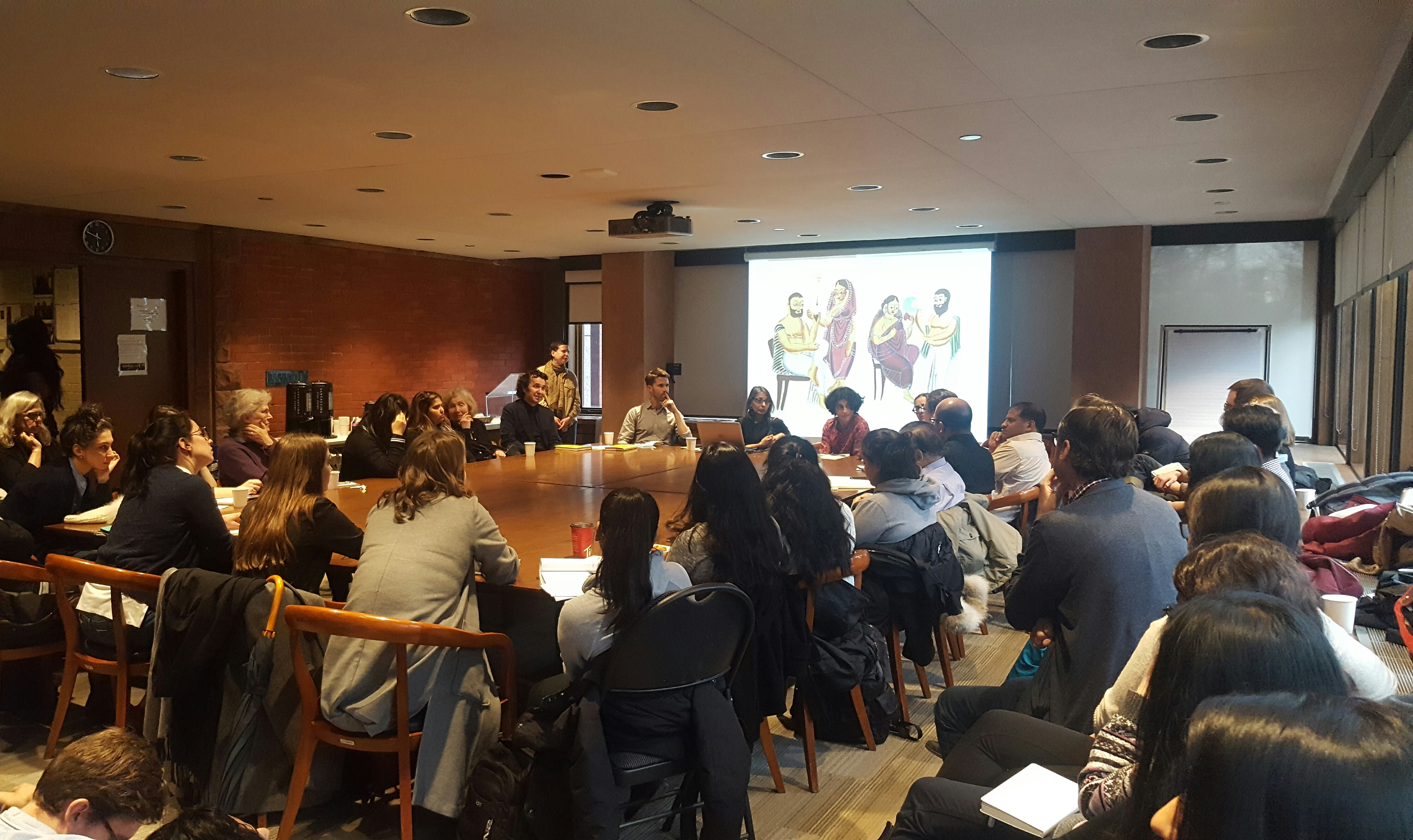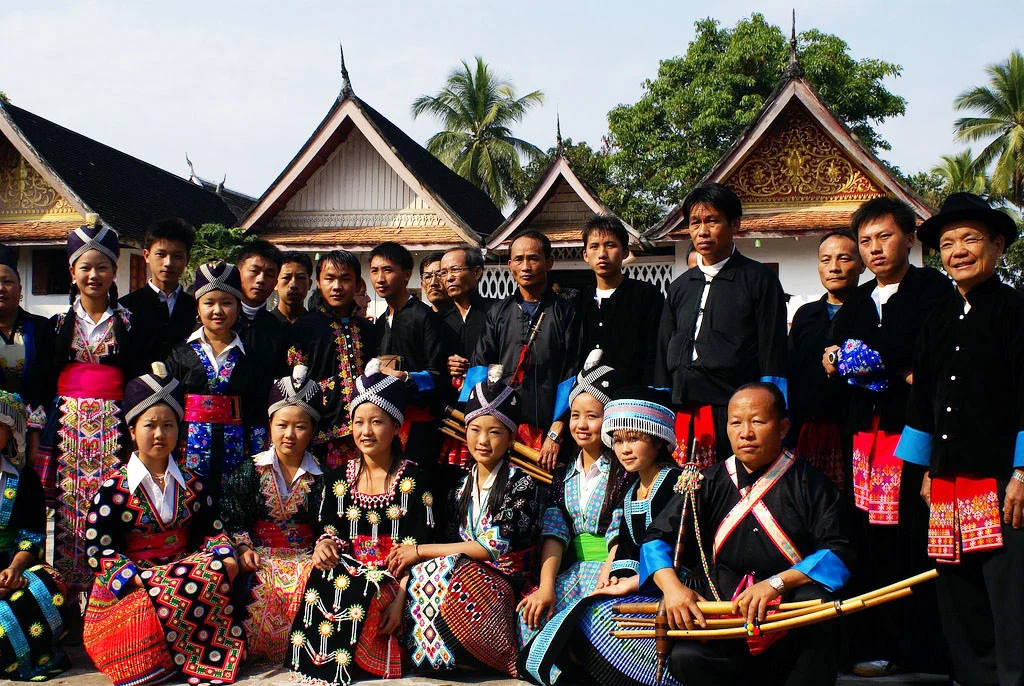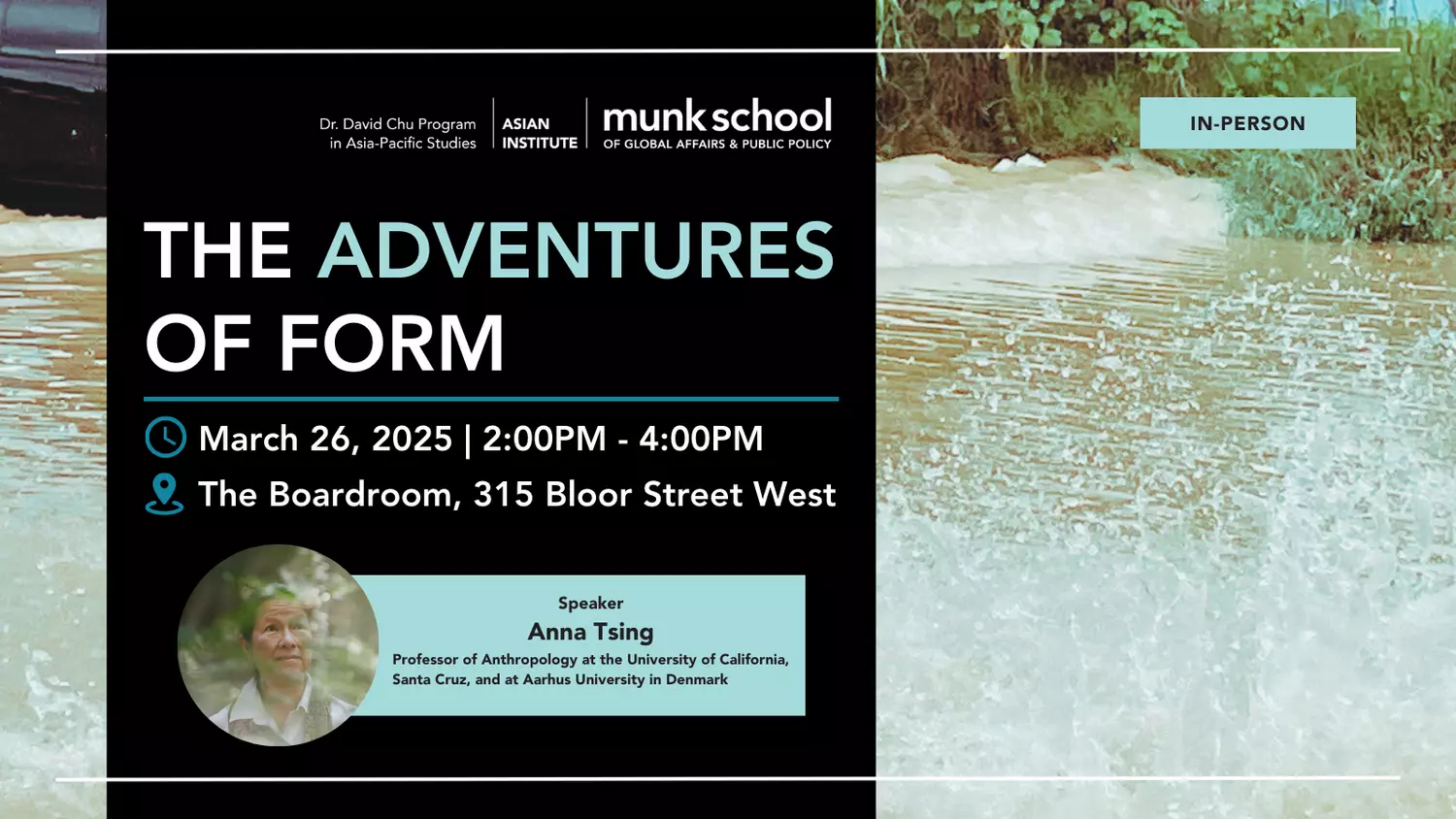The intersection between religion and politics is of interest to many scholars. J.Barton Scott’s work entitled “Spiritual Despots: Modern Hinduism and the Genealogies of Self-Rule” captures this topic. In this book, Scott examines the role of protestant technologies – primarily asceticism – in India during the nineteenth and early twentieth centuries. This movement introduced liberal ideas like “self-rule” in the region, and marked the beginning of a changing reform culture in India. On March 24th 2017, I attended a talk that shed light on the content of Scott’s “Spiritual Despots”. An Assistant Professor at the Department for the Study of Religion and Department of Historical Studies at the University of Toronto, Scott’s research focuses on the intersection between South Asian religions and historical movements such as colonialism. Sponsored by the Centre for South Asian Studies, the event was chaired by Christoph Emmrich. The event also featured four scholars from the University of Toronto: Kajri Jain, Malvika Kasturi, Srilata Raman, and Ruth Marshall, each of whom offered a critical analysis of Scott’s work.
Jain began the discussion by pointing out some of the major themes that have emerged throughout the text like colonialism. The portrayal of this theme is presented in a way that almost hints a flirtation with socialism. Jain reckoned this connection makes one wonder whether this can be compared to Marxist theories.
Following Jain’s input, Kasturi added that the ideas in “Spiritual despots” can be described as revolutionary, groundbreaking, and some will go as far as labeling it as “modern.” Kasturi appreciated that Scott’s work welcomed movement; it moved the question of revolt and introduced new conversation. Aside from the fresh themes of revolution, Kasturi was also struck by the concepts of Hindu spiritual self-governance and priest-craft. She also had a question about the concept of “bhakti” or devotion. “How had the debates help us broaden or rethink what colonialism actually did?” she asked. Finally, she also presumed that while Scott’s work undoubtedly opens up new conversation and ideas, it also raises questions of modern Hinduism and Hindu reforms. She wondered where would this leave the world of “shomprodai” (community), as these traditions were among those sidelined by reforms.
The third speaker, Raman, focused her analysis on the idea of “self-regulation” or self-governance- another theme that appears throughout the text. Raman pointed out that much of Hinduism in South Asia has been situated on the theme of “self-regulation”, which equates to good governance, and is essentially the idea that the ruler must control or rule himself first in order to rule others.
Marshall’s critique began with several compliments for the writer. Having taught a seminar in reformist thoughts in the non-western world, she found the book particularly intriguing and in alignment with her academic interests. She called Scott’s work an “ambitious project and (one that is) well-carried out.” Like Jain, Marshall spent several moments discussing the notion of colonialism in the book. She praised Scott for his portrayal of this theme and said that the book will help readers understand colonialism. Specifically, she commended how Scott attempted to showcase the connection between South Asia and political modernity. She suggested that one of the positive aspects of ‘Spiritual Despots” is that it attempts to undo the conceit of European thought that political modernity is entirely a European creation. Marshall reckoned that Scott’s work would help readers understand that political modernity is not restricted to just Europe.
Marshall then voiced some of her concerns. Her main concern was that the introduction consists of a rather conceptual framework, which does not match the richness that fills the rest of the book. Her second concern was that if she was reading this as a comparative political theorist (given her background with comparative political theories), she would have found there to be a conflict between liberalism vs. political liberalism – which may trigger confusion.
In the second part of the talk, Scott reflected upon all four speakers’ analysis of his work. In addressing Raman, he stated that while his work is closely associated with history, the primary focus is not history. He also clarified his portrayal of Hinduism in the book. He reckoned that it was important to him that the book wasn’t solely about Hinduism, but rather how it co-instituted with other religions.
Towards the end of the discussion, Kasturi asked Scott for his rationale behind the project. She asked about what made him interested in the topic. Scott replied that his research was mainly instigated by his interest in the origin of priest craft, which he eventually ended up using as his framework.
Scott ended the talk by welcoming questions from the audience. One audience member wondered about the role of asceticism in shaping gender roles. In his answer, Scott discussed a legendary painting in South Asian history – the painting of Queen Elokashi and the priest of Tarakashwershiva temple. Accused of having an affair with the priest, Elokashi was murdered, which lead to a trial in 1873. Scott explained that Elokashi’s murder case was a great example of how women’s roles in public-worshipping places were sexually-constricting.
The conference left the audience with lasting thoughts on religious reforms in South Asian history and their engagement with various other pillars of society such as class-formations and social hierarchies.
Tashnim Jerin is a third year student at the University of Toronto, majoring in Public Policy and minoring in Public Law and History.








